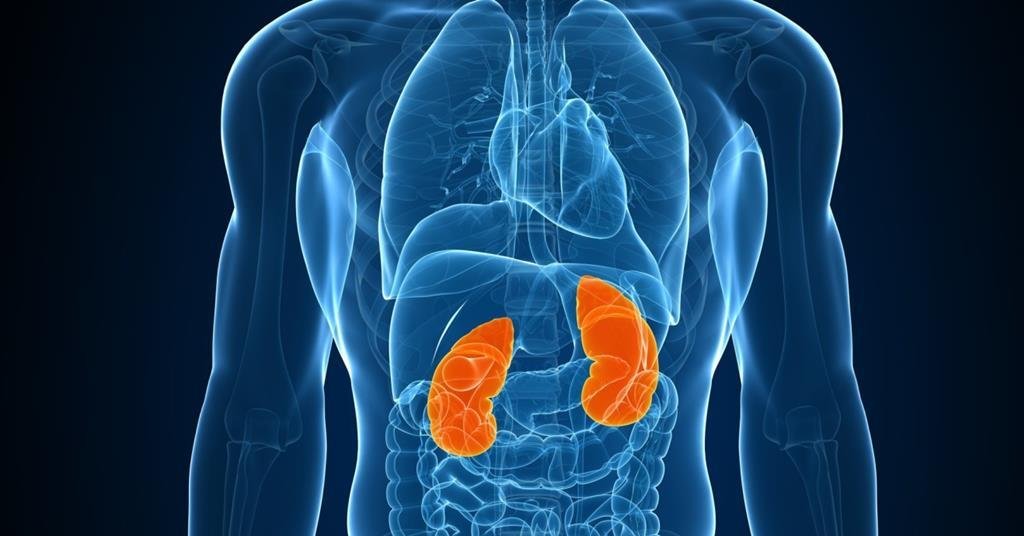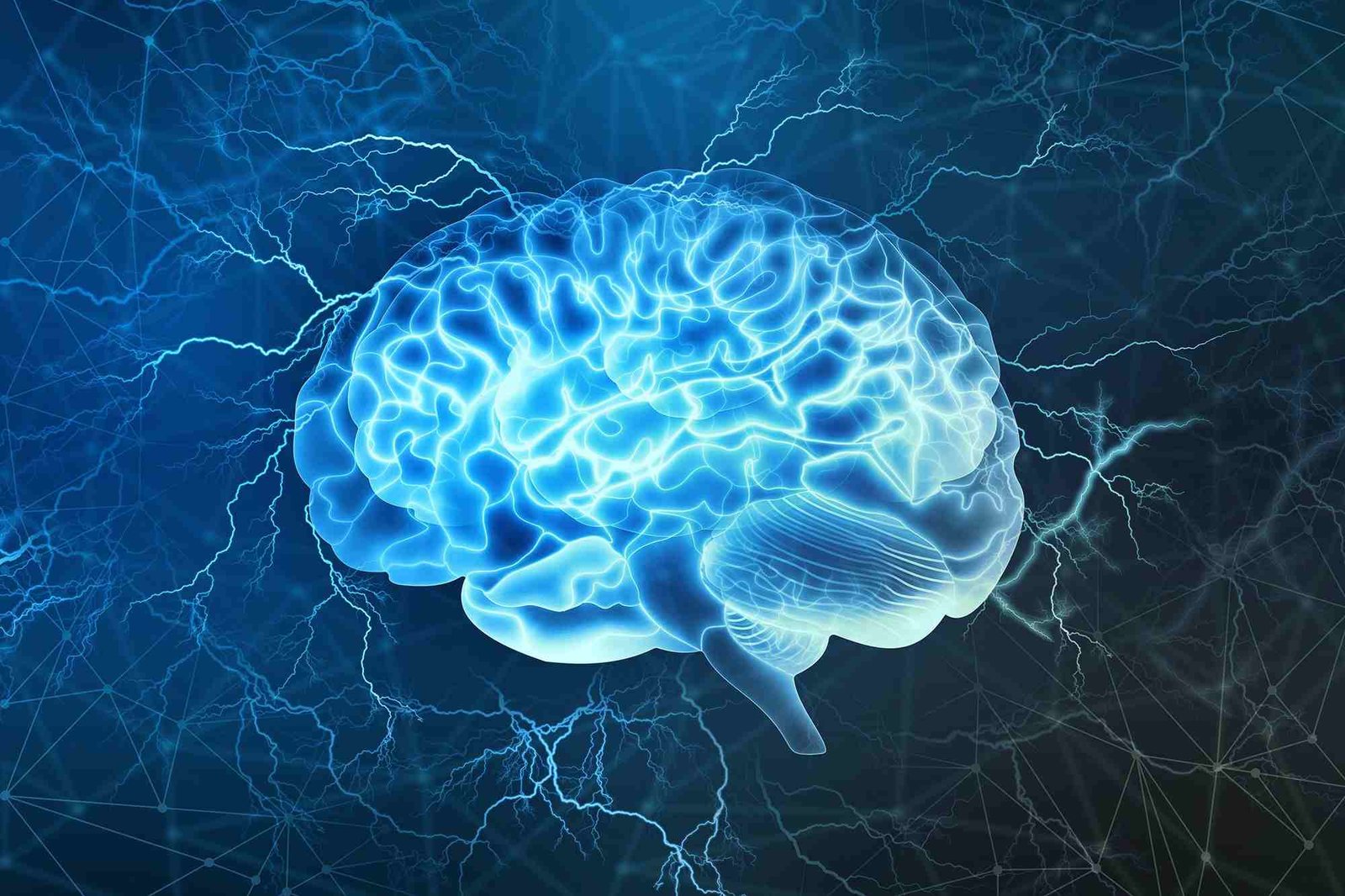Kidney Function Test

Urinalysis
Urinalysis screens for the presence of protein and blood in the urine. There are many possible reasons for protein in your urine, not all of which are related to the disease. Infection increases urine protein, but so does a heavy physical workout. Your doctor may want to repeat this test after a few weeks to see if the results are similar.
Your doctor may also ask you to provide a 24-hour urine collection sample. This can help doctors see how fast a waste product called creatinine is clearing from your body. Creatinine is a breakdown product of muscle tissue.
| Normal Urine Characteristics | |
| Characteristic | Normal values |
| Color | Pale yellow to deep amber |
| Odor | Odorless |
| Volume | 750–2000 mL/24 hour |
| pH | 4.5–8.0 |
| Specific gravity | 1.003–1.032 |
| Osmolarity | 40–1350 mOsmol/kg |
| Urobilinogen | 0.2–1.0 mg/100 mL |
| White blood cells | 0–2 HPF (per high-power field of the microscope) |
| Leukocyte esterase | None |
| Protein | None or trace |
| Bilirubin | <0.3 mg/100 mL |
| Ketones | None |
| Nitrites | None |
| Blood | None |
| Glucose | None |
Serum creatinine test
This blood test examines whether creatinine is building up in your blood. The kidneys usually completely filter creatinine from the blood. A high level of creatinine suggests a kidney problem.
According to the National Kidney Foundation (NKF), a creatinine level higher than 1.2 milligrams/deciliter (mg/dL) for women and 1.4 mg/dL for men is a sign of a kidney problem.
Blood urea nitrogen (BUN)
The blood urea nitrogen (BUN) test also checks for waste products in your blood. BUN tests measure the amount of nitrogen in the blood. Urea nitrogen is a breakdown product of protein.
However, not all elevated BUN tests are due to kidney damage. Common medications, including large doses of aspirin and some types of antibiotics, can also increase your BUN. It’s important to tell your doctor about any medications or supplements that you take regularly. You may need to stop certain drugs for a few days before the test.
A normal BUN level is between 7 and 20 mg/dL. A higher value could suggest several different health problems.
Estimated GFR
This test estimates how well your kidneys are filtering waste. The test determines the rate by looking at factors, such as:
- test results, specifically creatinine levels
- age
- gender
- race
- height
- weight
Any result lower than 60 milliliters/minute/1.73m2 may be a warning sign of kidney disease.
| Urine Volumes | ||
| Volume Condition |
Volume | Causes |
| Normal | 1–2 L/day | |
| Polyuria | >2.5 L/day | Diabetes mellitus; diabetes insipidus; excess caffeine or alcohol; kidney disease; certain drugs, such as diuretics; sickle cell anemia; excessive water intake |
| Oliguria | 300–500 mL/day | Dehydration; blood loss; diarrhea; cardiogenic shock; kidney disease; enlarged prostate |
| Anuria | <50 mL/day | Kidney failure; obstruction, such as kidney stone or tumor; enlarged prostate |
How the tests are Performed
Kidney function tests usually require a 24-hour urine sample and a blood test.
24-hour urine sample
A 24-hour urine sample is a creatinine clearance test. It gives your doctor an idea of how much creatinine your body expels over a single day.
On the day that you start the test, urinate into the toilet as you normally would when you wake up.
For the rest of the day and night, urinate into a special container provided by your doctor. Keep the container capped and refrigerated during the collection process. Make sure to label the container clearly and to tell other family members why it’s in the refrigerator.
On the morning of the second day, urinate into the container when you get up. This completes the 24-hour collection process.
Follow your doctor’s instructions about where to drop the sample off. You may need to return it either to your doctor’s office or a laboratory.
Blood samples
BUN and serum creatinine tests require blood samples taken in a lab or doctor’s office.
The technician drawing the blood first ties an elastic band around your upper arm. This makes the veins stand out. The technician then cleans the area over the vein. They slip a hollow needle through your skin and into the vein. The blood will flow back into a test tube that will be sent for analysis.
You may feel a sharp pinch or prick when the needle enters your arm. The technician will place gauze and a bandage over the puncture site after the test. The area around the puncture may develop a bruise over the next few days. However, you shouldn’t feel severe or long-term pain.



